EU-Western Balkans cooperation on cross-border security (migration and asylum management)
| Prof. in charge | Teresa Russo (Module Leader) |
The present research activity will carry out the EU strategy towards Western Balkans from both perspectives of enlargement and security examining the political choices, the applied rules, the political and legal instruments adopted at international, European and national level to reinforce reform efforts and bring tangible progresses for the accession of Western Balkans to the EU.
It will investigate the EU engagement in the Western Balkans from the Stabilisation and Association Process (SAP), which included a European perspective for the countries of the region, to the further and current steps. It will concentre on the legal and political instruments that, holding the governance of security cooperation with this key neighboring region, have been adopted at international and European level to promote concrete reforms of national legal systems. Furthermore, it will underline the specificities of the integration process of the Western Balkans that is framed within a system of regional security cooperation set up between the EU and the Western Balkans.
Then, it will focus on the migration and border management issues in the Western Balkans Countries, the external dimension of migration through the Balkan routes and the most recent measures taken to establish a Frontex control area in order to underline the international, European and national measures adopted to ensure security inside and outside Europe. It will follow a practical approach aimed at framing the measures adopted to reduce the huge migratory flows that have followed the Balkan route with a review of the main law cases. It will also consists of the analysis of the legal and regulatory frameworks with a focus on the situation of each Western Balkans Countries since cooperation and coordinated response measures remain of crucial importance, especially considering the precipitous growth of the migration flow in previous years.
METHODOLOGY
The methodology adopted will allowed to combine theory and practice in order to analyse the EU integration of Western Balkans countries with specific reference to:
- Operative definitions of the issues of EU accession;
- Operative definitions goals;
- Operative definitions of the field of investigation;
- The EU-Western Balkans security cooperation system;
- Evolving analysis of the migration and border management issues in the Western Balkans Countries;
- What has done;
- What remains to be done;
- Results
IMPACT
As for the impact, it will contribute to the cultural growth of academics, professionals and civil environments.
Academic impact will consist of understanding and advancing scientific, method, theory and application across and within disciplines of EU-Western Balkans Cooperation on Justice and Home Affairs.
The societal impact will be the demonstrable contribution that excellent research makes to society and its benefits to individuals, stakeholders and partners involved.
Specifically, the impact of research will be:
- Instrumental, contributing to the development of policy, practice or service provision, shaping legislation;
- Conceptual, contributing to the understanding of policy issues and debates;
- Capacity building, through technical and personal skill development.
RESULTING PUBLICATIONS
The annual results of this research will be included on the website in the section of publications as OER.
The final results of this research will be published in the specific section of the book presented at the end of module.






